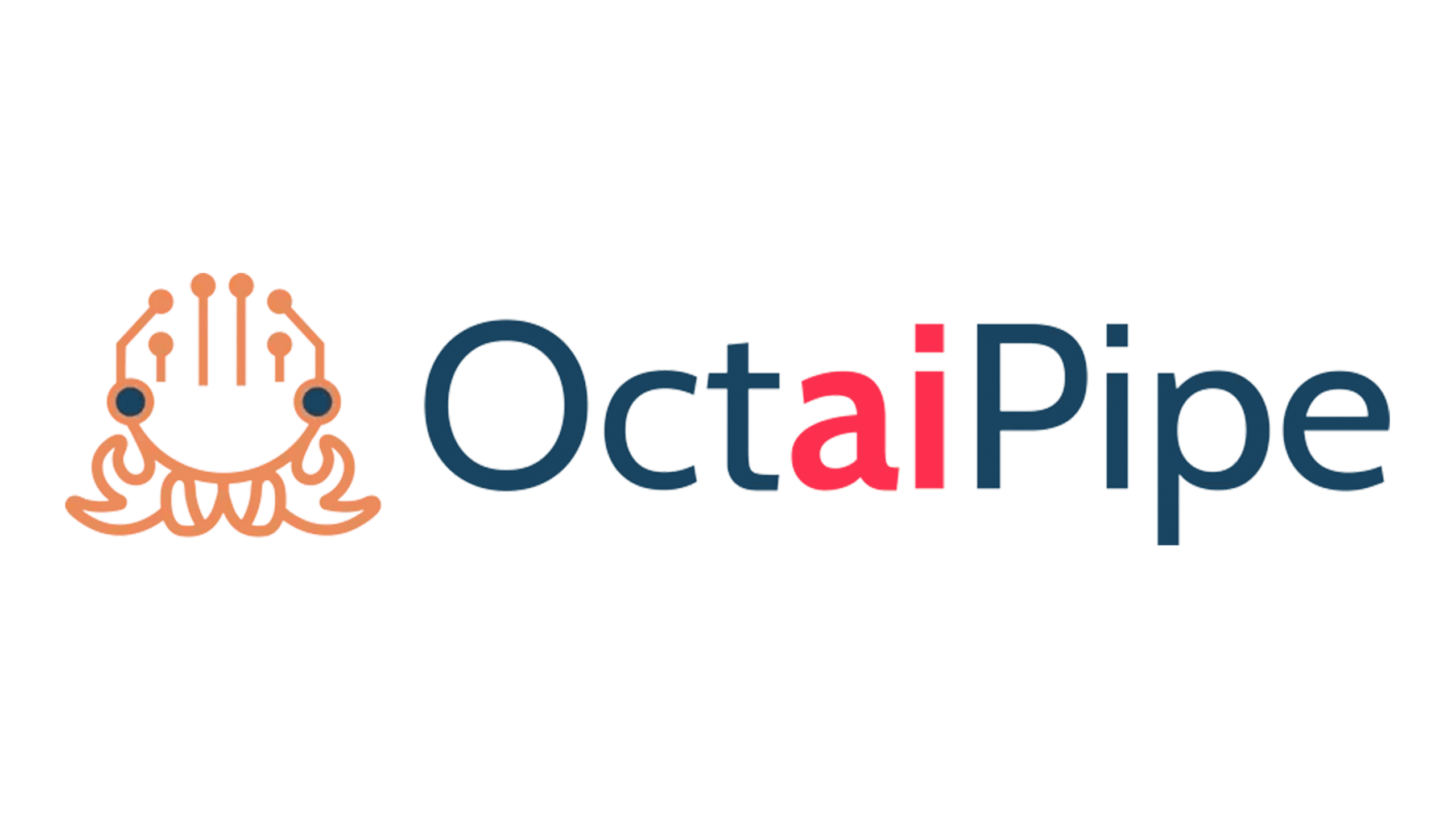Introducing SAM and the case for cognitive technologies at scale
Mental wellbeing accounts for 6.9 million lost working days annually and in the UK, the Covid-19 crisis has led to a shift from an estimated 1.7m home workers, to approximately 20m. This causes concern for isolation and social distancing as they’ve been shown to negatively impact mental wellbeing, and recent research has shown that there are already significant impacts and concerns among the population (Holmes et al, 2020).
However, organisations can play their part. Organisations caring for the mental wellbeing of employees are reported to obtain an 8:1 return on investment, representing £8bn annually to UK businesses (Mental Health and Employers: The Case for Investment, Deloitte 2017). Population-wide improvements in mental health and wellbeing not only benefit the individual but translate to increased productivity and tax revenue, and decreased pressure on health services resulting in an estimated halving of costs to mental health services in the UK.
Why should businesses care?
UK businesses are facing a secondary health impact while finding it harder to have the necessary insights and touchpoints to intervene effectively due to remote working. More than ever, businesses, public health, and charitable organisations need a way to better remotely understand their workforce mental wellbeing, offer support, and disseminate information. Regardless of the commercial benefits, organisations have a moral and, in some instances, a legal obligation to look after their employees’ wellbeing.
How are we helping?
In response to the existing mental health crisis, and precipitated by the acute need for digital mental wellbeing management during the Covid-19 crisis, T-DAB.AI (T-DAB) have developed an innovative AI Stress and Mental wellbeing virtual assistant called SAM. SAMs development is being advised on by charitable and academic partners, including The Ambulance Staff Charity (TASC), the Design and Technology Association (DATA) and the University of Warwick.

SAM incorporates innovations in machine learning, including natural language processing (NLP), computer vision, and conversational interfaces. The key to SAM is the inclusion of machine learning to infer clinically validated indices of mental wellbeing, with minimal use of assessment questions, supplemented with unstructured data, natural language processing, and computer vision. Reinforcement learning will eventually allow SAM to learn personalised tones of voice and actions to better support individuals.
What will SAM do?
SAM intelligently converses with users in order to carry out assessments of mental wellbeing, and can then recommend advice, signpost content and refer support contacts, as well as answer intelligently to questions. Crucially this creates a safe, non-judgmental space for employees to manage their mental wellbeing and seek support. SAM provides regular insights to allow users identify areas for self-management, as well as suggesting useful content. SAM can also provide intelligent insight about specific topics, such as the Covid-19 crisis.
A key USP is that SAM provides anonymous, aggregated organisation-wide insights via interactive dashboards. This provides an unprecedented view of the mental wellbeing of an organisation, key influencing factors, and where to act. SAM is able to provide immediate insights from the workforce using initial assessments, and then ongoing reporting on a daily basis from follow-up questions, conversation analytics, sentiment, key word and topic modelling, and trend analysis.
While other wellbeing applications exist, these are aimed solely at the individual, rather than empowering employees and the organisations that have a duty of care for them. SAM is the first known enterprise application of machine learning specifically for employee mental wellbeing.

What’s under the hood?
SAM is built on the proven Microsoft Azure Stack, combining robust technologies (MS Bot Framework, MS SQL Server, Power BI), as well as emerging offerings from its Cognitive Services, and our own bespoke machine learning models built with tools from the open source community. Thanks to Microsoft’s Bot Framework, SAM integrates easily to Microsoft Teams and Slack. This means that SAM fits seamlessly into employees existing suite of tools and doesn’t require them to adopt yet another application.
Ultimately, this will enable SAM to reach many of the 23 million global users of these two messaging services which, in the last 10 days of March 2020, grew by 1m and 2.5m users respectively. In addition, SAM can also be integrated to Facebook Messenger, Outlook, and bespoke apps.
We are aiming to provide SAM for free to mental health and wellbeing charities through enterprise sponsorship, and you can help with developing SAM by completing the ‘Wellbeing in the workplace’ survey.
For more information about SAM, download the product sheet below or demo get involved in the project by contacting the team.




